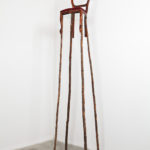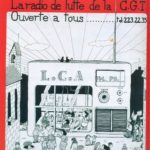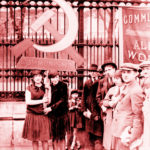
Lenin, Communists, and Immigration (1973)
Lenin’s analysis forces us to consider immigration – the living and working conditions of immigrant workers – starting from the theory of imperialism, outside of which the contemporary forms of immigration remain unintelligible. The concrete knowledge of the causes and effects of immigration is, reciprocally, a guiding thread towards an understanding of imperialism.
 Viewpoint Magazine
Viewpoint Magazine





